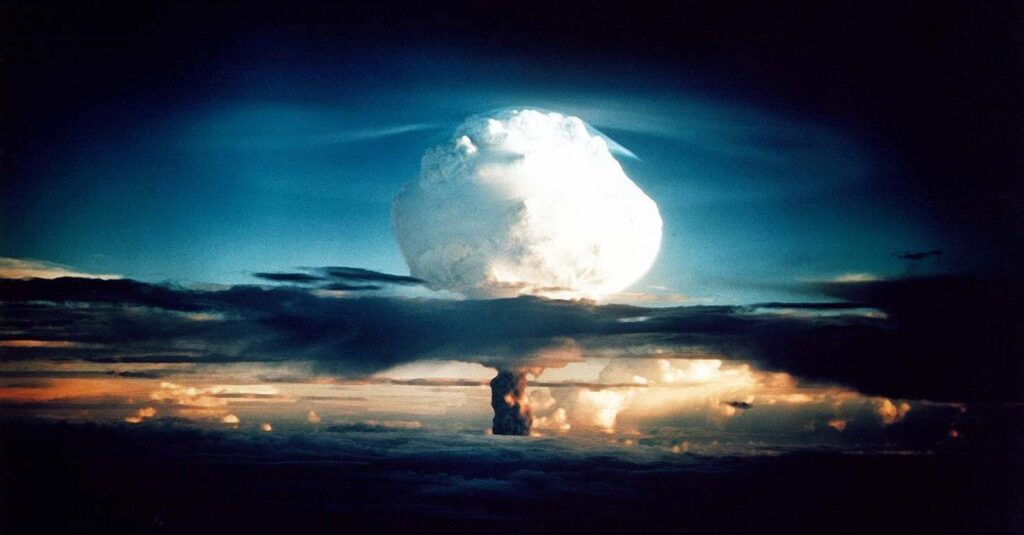
Oh, the 2000s! A decade often shortened to the ’00s, the aughts, or the noughties, it truly was a rollercoaster ride from January 1, 2000, to December 31, 2009. We’re talking about a time when flip phones were still a thing, but the seeds of our hyper-connected, globally aware, and sometimes tumultuous present were firmly planted. It was a period of incredible innovation, heart-wrenching global events, and paradigm-shifting transformations that set the stage for everything we experience today. Seriously, get ready to have your mind blown by how much these ten years shaped our entire future!
Cast your mind back to Y2K! While the world didn’t actually end, what followed was a decade brimming with change, both exhilarating and challenging. From groundbreaking technological leaps that changed how we communicate and shop, to seismic shifts in global power and economy, and even a heightened awareness of our planet’s fragility, the ’00s were anything but boring. It’s easy to look back and think of it as just ‘before the smartphones,’ but trust us, it was so much more than that.
So, prepare yourself for a nostalgic trip down memory lane, because we’re about to unpack seven absolutely game-changing moments and trends from the 2000s that you might not fully appreciate for their iconic impact. These aren’t just historical footnotes; they’re the foundational blocks upon which our modern world is built. Let’s dive into the first few chapters of this incredible story and rediscover how the aughts truly paved the way for the awesome (and sometimes wild!) reality we live in now.
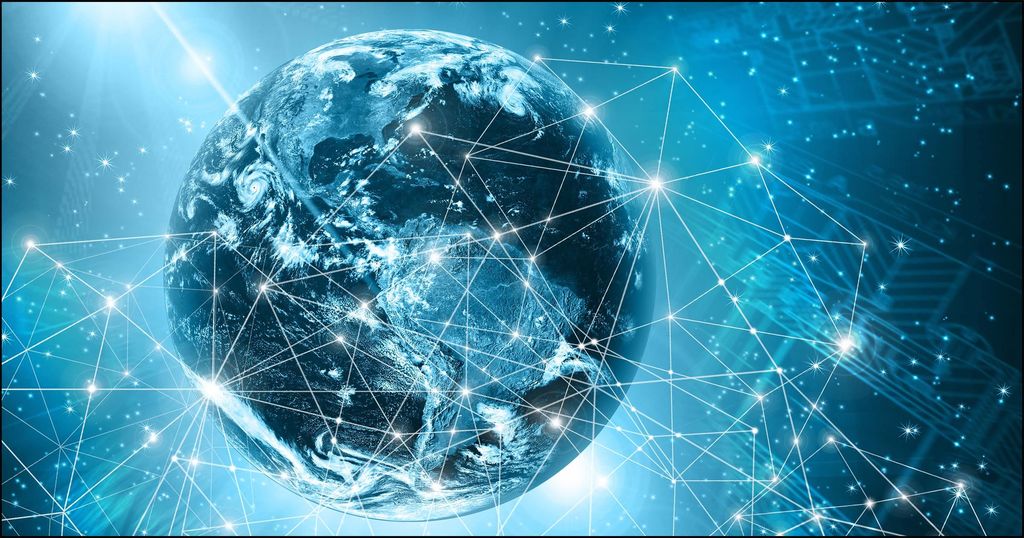
1. **The Internet’s Explosive Growth and the Dawn of Social Media**The 2000s were undeniably the decade when the internet truly became a global phenomenon, transitioning from a niche tool to an indispensable part of daily life for millions. Can you believe it? The world population with internet access skyrocketed, growing from a mere 6.7% at the beginning of the decade to a whopping 25.7% by its end. This wasn’t just a numerical increase; it was a fundamental rewiring of human connection, allowing for “faster communication among people around the world” and fundamentally contributing to globalization.
This explosion in connectivity laid the groundwork for an entirely new way for people to stay in touch, no matter how far apart they were: social networking sites. Remember Myspace? It was the undisputed king of social media for much of the decade, allowing everyone to express themselves with custom profiles and connect with friends. That is, “until June 2009, when Facebook overtook it in number of American users,” signaling a major shift in the digital landscape that would redefine online social interaction for years to come. It was a wild west of profiles, top 8s, and digital friendships!
Beyond social networks, the decade saw a complete transformation of the online experience. Email, while already popular, “continued to be popular throughout the decade and began to replace ‘snail mail’ as the primary way of sending letters and other messages to people in distant locations.” Furthermore, giants emerged to dominate the digital realm: “Google, YouTube, Ask.com and Wikipedia emerged to become among the top 10 most popular websites,” becoming household names and essential tools for information and entertainment. Searching, watching, and learning online became second nature.
The commercial side of the internet also underwent a massive shift. E-commerce grew exponentially, changing how we shop forever. In a significant milestone, “Amazon overtook eBay as the most-visited e-commerce site in 2008,” setting the stage for its current retail dominance. Meanwhile, some older internet titans found their popularity waning. “AOL significantly declined in popularity throughout the decade, falling from being the most popular website to no longer being within the top 10,” and others like Excite and Lycos also fell out of the top rankings. It was a brutal, fast-paced evolution of the digital world!
This incredible surge in internet usage and the birth of social media weren’t just about cool new websites; they permanently altered how we interact, consume information, and conduct business. The ’00s truly democratized access to global information and connectivity, creating the blueprint for the hyper-digital, always-on world we inhabit today. It’s impossible to imagine modern life without the innovations that took hold and flourished during this incredibly transformative decade.
Read more about: Remember the Aughts? 12 Defining Moments, Trends, and Tech That Were HUGE in the 2000s
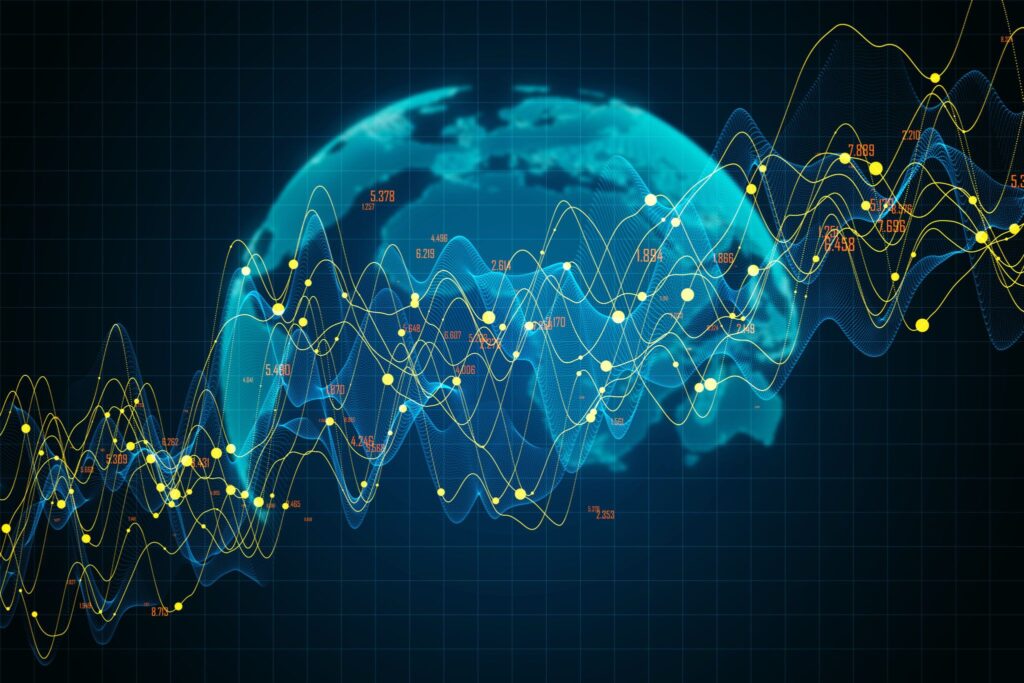
2. **Global Economic Power Shifts and Crises**The 2000s weren’t just about technological marvels; they were a powerhouse decade for global economics, witnessing a dramatic shift in economic might and, ultimately, a colossal financial challenge. Right from the early years, the world watched as “economic giants in Asia, like India and China,” made their long-predicted breakthrough. These two most populous countries weren’t just growing; they “had double-digit growth during nearly the whole decade,” rapidly cementing their status as increasingly dominant economic forces on the world stage.
This astonishing “rapid catching-up of emerging economies with developed countries sparked some protectionist tensions during the period.” It was a fascinating and sometimes uneasy dance between established economic powers and these rising stars. Towards the end of the decade, these global shifts, combined with other factors, were “partly responsible for an increase in energy and food prices,” directly impacting everyday lives across the globe. The gears of global capitalism were certainly grinding in new and unexpected ways.
However, the economic developments in the latter third of the decade took a sharp, dramatic turn. The world was plunged into a period of severe instability, kicking off “with the crisis in housing and credit in the United States in late 2007.” This wasn’t just a minor blip; it was a fundamental crack in the financial foundation that “led to the bankruptcy of major banks and other financial institutions.” Suddenly, the seemingly stable financial world was on shaky ground, leaving many wondering what would happen next.
The crisis quickly escalated, morphing into something much bigger than a US-centric problem. “The outbreak of the 2008 financial crisis sparked the Great Recession, beginning in the United States and affecting most of the industrialized world.” It was a massive downturn, the likes of which hadn’t been seen “since the Great Depression,” sending shockwaves through markets, businesses, and households worldwide. Jobs were lost, savings evaporated, and a profound sense of uncertainty gripped economies globally.
The economic story of the 2000s is a complex tale of unprecedented growth, strategic power shifts, and a stark reminder of interconnectedness. The decade showed us the incredible potential of emerging markets while also delivering a harsh lesson in financial fragility and global interdependence. These events fundamentally reshaped international trade, financial regulations, and even our understanding of economic stability, laying down critical lessons that continue to influence global policy and economic thought today.
Read more about: Beyond the Couch: Unpacking Oprah Winfrey’s Billion-Dollar Business Blueprint and Enduring Cultural Impact
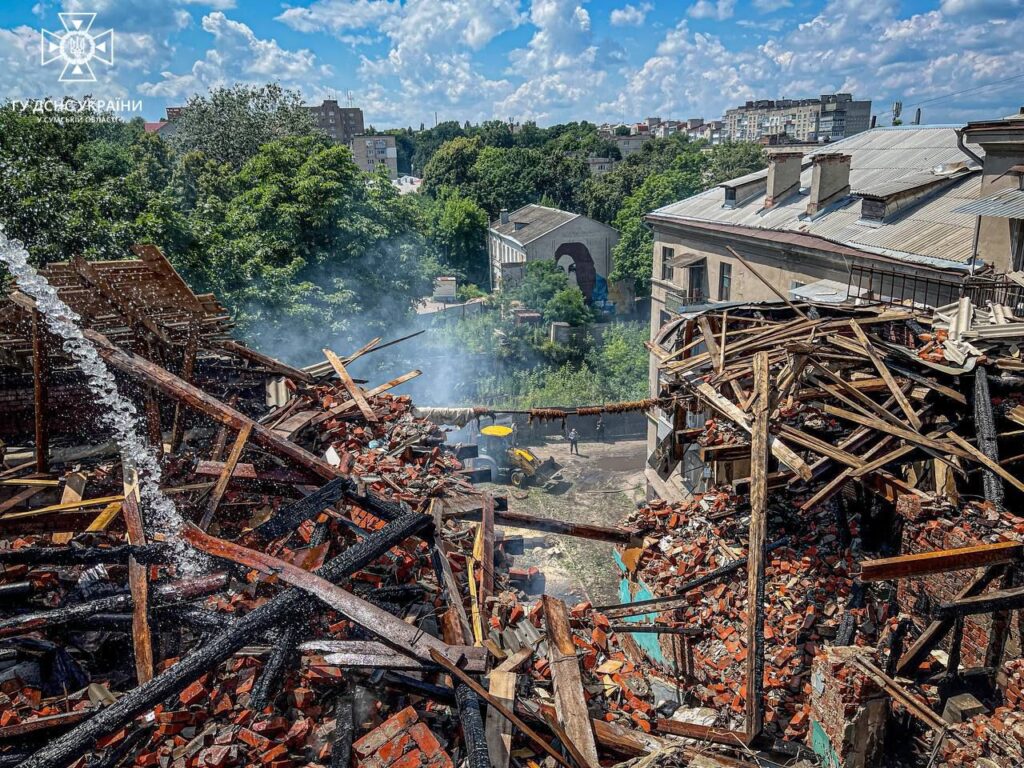
3. **The Shadow of 9/11: The War on Terror and Evolving Global Conflicts**The start of the 2000s was marked by an event that irrevocably altered the global political landscape: the September 11 attacks in 2001. This horrific act, targeting New York City, The Pentagon in Arlington County, Virginia, Washington, D.C., and Shanksville, Pennsylvania, claimed “nearly 3,000 killed” and immediately triggered a massive international response. In the wake of these attacks, “The war on terror and War in Afghanistan began,” as the United States, with support from allies like the United Kingdom, Italy, and Canada, sought to oust the Taliban and find al-Qaeda mastermind Osama bin Laden. It was a new era of global security concerns.
This period also saw significant developments in international justice. “The International Criminal Court was formed in 2002,” a crucial step in holding individuals accountable for serious international crimes. However, the focus remained largely on the unfolding conflicts. “In 2003 a United States-led coalition invaded Iraq,” a decision fueled by “claims that Iraq had weapons of mass destruction at its disposal [which] were later found to be unproven.” The “Iraq War led to the end of Saddam Hussein’s rule as Iraqi President and the Ba’ath Party in Iraq,” but it also ushered in a new phase of violence and instability.
Indeed, the decade was unfortunately characterized by a persistent threat from “Al-Qaeda and affiliated Islamist militant groups [who] performed terrorist acts throughout the decade.” These included devastating incidents like “the 2004 Madrid train bombings, 7/7 London bombings in 2005, and the 2008 Mumbai attacks related to al-Qaeda.” These events kept the world on edge, constantly reminding everyone of the evolving nature of global threats and the need for international cooperation to combat them.
Naturally, “The war on terror generated extreme controversy around the world,” with profound questions arising “regarding the justification for certain U.S. actions leading to a loss of support for the American government, both in and outside the United States.” Beyond these large-scale interventions, the Middle East saw “additional armed conflict… including between Israel and Hezbollah, then with Israel and Hamas,” further complicating the region’s already volatile dynamics. These were truly intense times, demanding constant attention from global leaders.
From the harrowing day of September 11 to the ongoing struggles in various conflict zones, the ’00s redefined international relations, security policies, and even our understanding of nation-states’ roles in global policing. The ripple effects of these conflicts – the massive human casualties, displacements, and geopolitical shifts – continue to shape alliances and rivalries today. It was a decade that forced the world to confront new forms of warfare and deeply ponder the meaning of peace and security in an interconnected age.
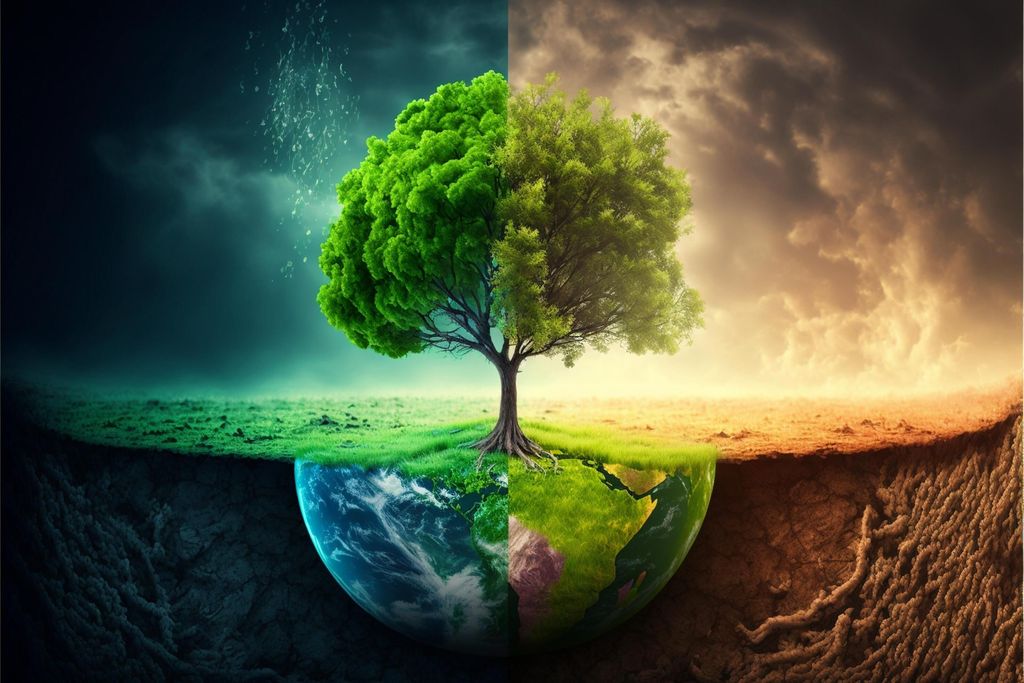
4. **The Unfolding Climate Crisis and Environmental Awareness**Alright, let’s talk about something super important that truly cemented itself in the ’00s: climate change. Before this decade, it might have felt like a distant issue, but suddenly, “climate change and global warming became common concerns.” It was like the world collectively woke up and realized, “Hey, this is actually happening, and it’s a big deal!” This shift in public consciousness was a monumental turning point for our planet.
During these ten years, the science behind climate prediction tools made some serious strides. Experts got better at understanding what was happening, and guess what? UN-sponsored organizations, like the IPCC, gained a whole lot more influence. Their reports and findings weren’t just for scientists anymore; they were influencing governments and public opinion worldwide. Remember the Stern Review? That study really helped convince people that paying the political and economic costs of countering climate change was absolutely worth it.
And the numbers, oh the numbers! The “global temperature kept climbing during the decade.” It wasn’t just a feeling; it was a measurable reality. The World Meteorological Organization (WMO) dropped a bombshell in December 2009, announcing that the “2000s may have been the warmest decade since records began in 1850.” Can you believe that? To make it even more mind-boggling, “four of the five warmest years since 1850” actually happened in *this* very decade.
The WMO’s findings weren’t just a one-off; they were later backed up by none other than NASA and the NOAA. This widespread agreement from major scientific bodies hammered home the urgency of the situation. It solidified climate change as a critical, undeniable challenge that would shape discussions and policies for decades to come. The ’00s didn’t just introduce us to global warming; they made us truly *aware* of its pressing reality.
Read more about: Beyond the Spotlight: 15 Celebrities Who Are Reshaping the World Through Heartfelt Philanthropy
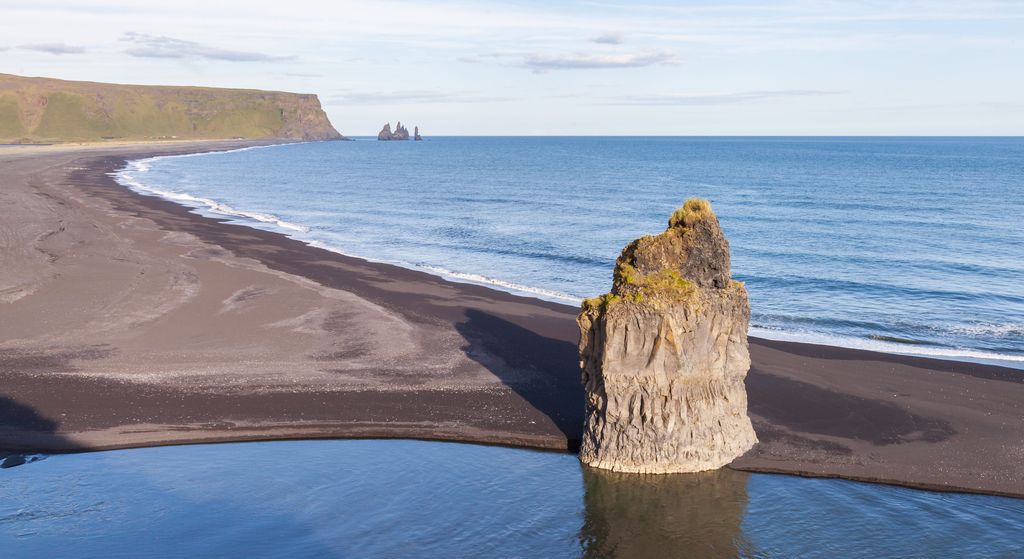
5. **A Decade of Devastating Natural Disasters**As if the planet wasn’t already sending us signals through rising temperatures, the 2000s also brought a series of utterly heartbreaking natural disasters that shook communities to their core. These weren’t just bad storms or quakes; they were events that demonstrated the immense, sometimes terrifying, power of nature. From powerful cyclones to devastating earthquakes, the decade was marked by significant environmental upheavals.
We saw tragedies like “Cyclone Nargis in 2008,” which wreaked havoc and left a lasting scar. Then there were the massive “earthquakes in Pakistan and China in 2005 and 2008, respectively.” These events caused immense destruction and loss, reminding us all how vulnerable human infrastructure can be in the face of seismic activity. It’s a stark reminder of the planet’s dynamic and sometimes unforgiving forces.
But nothing, and we mean nothing, quite compared to the “deadliest natural disaster and most powerful earthquake of the 21st century” which struck in 2004. Picture this: a monumental “9.1–9.3 earthquake and its subsequent tsunami struck multiple nations in the Indian Ocean.” The sheer scale of it was unimaginable, with an estimated “230,000 people” tragically losing their lives. It was an event that united the world in grief and galvanized a massive international humanitarian response.
This colossal event in the Indian Ocean wasn’t just a news headline; it was a profound moment that underscored our interconnectedness and vulnerability. It spurred new efforts in disaster preparedness and early warning systems across coastal regions, proving that even in the face of such overwhelming loss, humanity finds ways to learn and adapt. The ’00s, through these devastating events, served as a powerful lesson in global solidarity and resilience.
Read more about: More Than Muscle: 10 Overlooked Driving Forces of the 1970s No One Remembers

6. **The Entertainment Revolution: CGI, Gaming, and New Narratives**Let’s switch gears to something a bit more fun, but no less revolutionary! The 2000s completely blew open the doors for entertainment, especially when it came to movies and video games. We’re talking about a time when imagination truly met technology, and the results were absolutely epic. It was a golden era for digital storytelling and interactive experiences.
In the world of cinema, “usage of computer-generated imagery became more widespread in films produced during the 2000s.” This wasn’t just a minor upgrade; it was a game-changer! Think about it: the incredible success of “2001’s Shrek and 2003’s Finding Nemo” showed everyone what CGI could truly do. And get this, *Finding Nemo* wasn’t just a hit; it became “the best-selling DVD of all time.” We also saw “Anime films gain more exposure outside Japan with the release of Spirited Away,” pushing cultural boundaries.
The decade even gave us the highest-grossing film of its time: “2009’s Avatar.” Talk about pushing the limits of visual spectacle! Beyond blockbusters, “documentary and mockumentary films, such as March of the Penguins, Super Size Me, Borat and Surf’s Up, were popular in the 2000s.” Michael Moore’s “2004’s Fahrenheit 9/11” even became “the highest grossing documentary of all time.” Plus, online films started to get popular, and the move towards digital cinema began. It was a whole new world for movie buffs!
Gaming wasn’t left behind either, oh no! The ’00s unleashed a slew of iconic video game consoles that are still legendary today. We’re talking about the “PlayStation 2, Xbox, GameCube, Wii, PlayStation 3 and Xbox 360” – each bringing incredible new experiences. And for gaming on the go, we got the “Game Boy Advance, Nintendo DS and PlayStation Portable.” If you remember “Wii Sports,” you know it was the decade’s best-selling console game, while “New Super Mario Bros.” ruled the portable scene.
And let’s not forget the literary and music worlds! J.K. Rowling was the “best-selling author in the decade overall thanks to the Harry Potter book series.” Even though *The Da Vinci Code* snagged the top individual book spot, Harry Potter was everywhere! And on the music front, the one and only “Eminem was named the music artist of the decade by Billboard.” So, whether you were hitting the cinema, gaming, reading, or blasting tunes, the ’00s delivered an unforgettable entertainment feast!
7. **Geopolitical Shakes, Decolonization, and New Conflicts**Beyond the glitz and the financial drama, the 2000s were a fascinating, and at times turbulent, period for global politics and national sovereignty. We witnessed significant redrawings of maps and the emergence of new nations, alongside the continuation and beginning of complex conflicts that would shape international relations for years to come. It was like a giant, ever-shifting global chess board!
On the bright side, the decade marked important milestones in decolonization and independence. East Timor, for instance, finally regained its independence from Indonesia in “2002,” after a long struggle. Then, in “2006,” Montenegro gained its independence from Serbia, effectively ending the 88-year-old Yugoslavia. And in “2008,” Kosovo declared its independence from Serbia, though, as we know, that remains a complex issue with many countries still not recognizing it. These were huge moments for self-determination!
But it wasn’t all about new flags flying high. The ’00s were also a hotbed of ongoing and new conflicts. The context reminds us that the “Second Congo War, the deadliest conflict since World War II, ended in July 2003,” tragically claiming millions of lives. Several other long-running civil wars also came to a close, including the “Algerian Civil War, the Angolan Civil War, the Sierra Leone Civil War, the Second Liberian Civil War, the Nepalese Civil War, and the Sri Lankan Civil War.”
Yet, as old conflicts wound down, new ones flared up, or existing tensions escalated dramatically. We saw the start of the “conflict in the Niger Delta, the Houthi insurgency, and the Mexican drug war.” The War in Darfur erupted, with “Former U.S. President George W. Bush called the events in Darfur a genocide during his presidency.” The Naxalite-Maoist insurgency in India intensified, and the Colombian conflict continued its complex struggle. It was a constant reminder of the world’s diverse and often challenging political landscape.
And let’s not forget the chilling specter of nuclear threats that also defined this era. “Since 2005, Iran’s nuclear program has become the subject of contention with the Western world” over suspicions of a weapons program, leading to UN sanctions. Meanwhile, “North Korea successfully performed two nuclear tests in 2006 and 2009,” raising global alarms. There was even “Operation Orchard,” where Israel bombed what was believed to be a Syrian nuclear reactor in 2007. The symbolic Doomsday Clock actually moved “four minutes closer to midnight,” reflecting heightened nuclear fears. Talk about keeping the world on its toes!
Read more about: 12 ’70s Power Players & Pivots: The Dominant Forces That Shaped a Decade, Then Disappeared or Transformed!
Wow, what a journey through the 2000s! From the explosive birth of social media and the rollercoaster of the global economy, to the profound geopolitical shifts and the undeniable awakening to climate change, the ’00s truly delivered a decade packed with monumental moments. It wasn’t just a bridge between millennia; it was a foundational period that laid down the blueprints, challenges, and opportunities for the incredible world we live in today. These events aren’t just history; they’re the vibrant threads woven into the fabric of our present, shaping everything from how we communicate to how we understand our planet. What a time to be alive, right?

